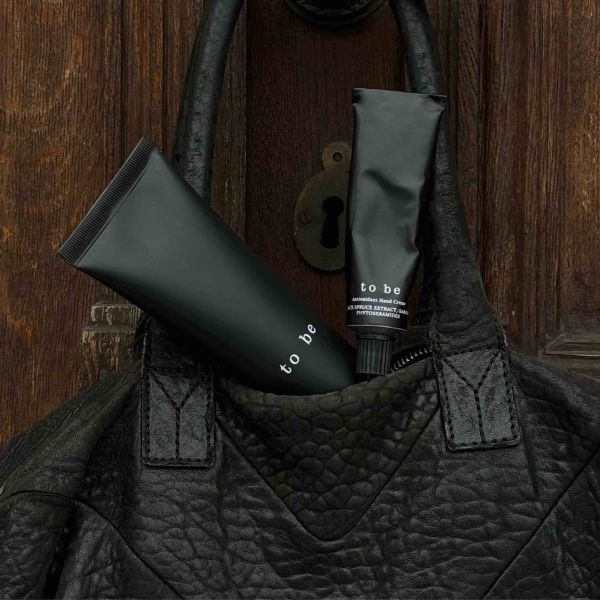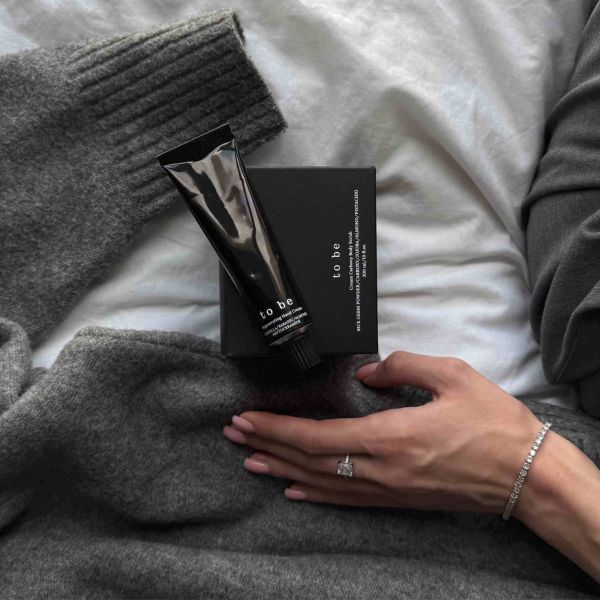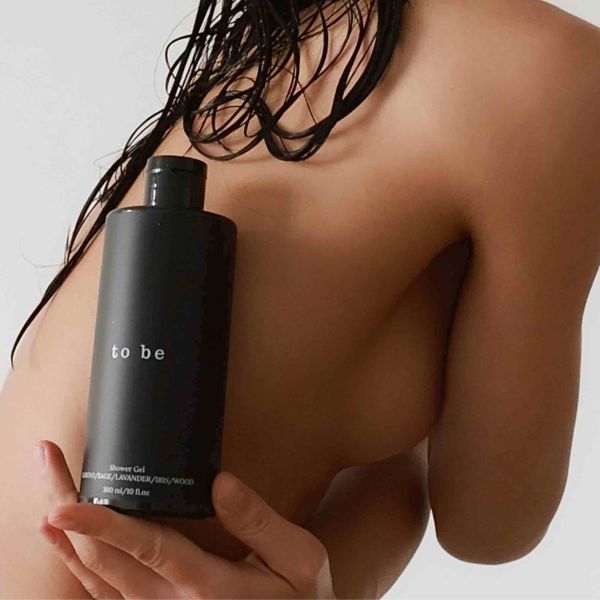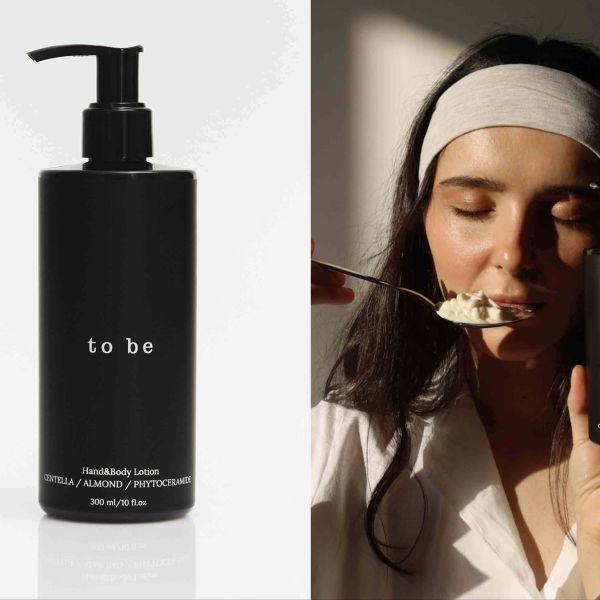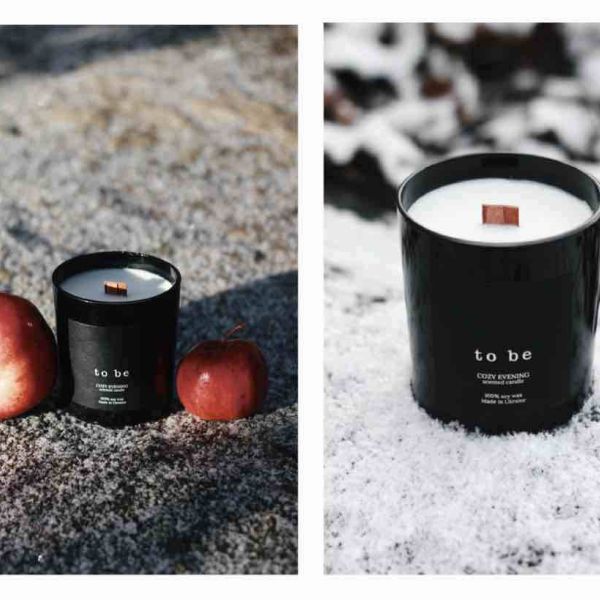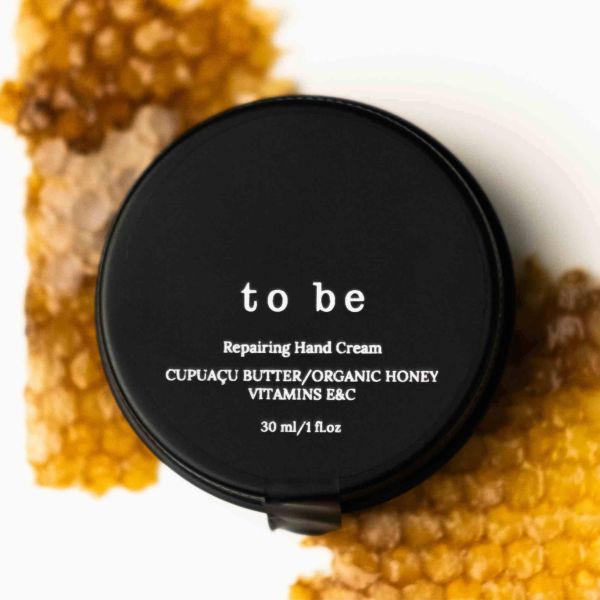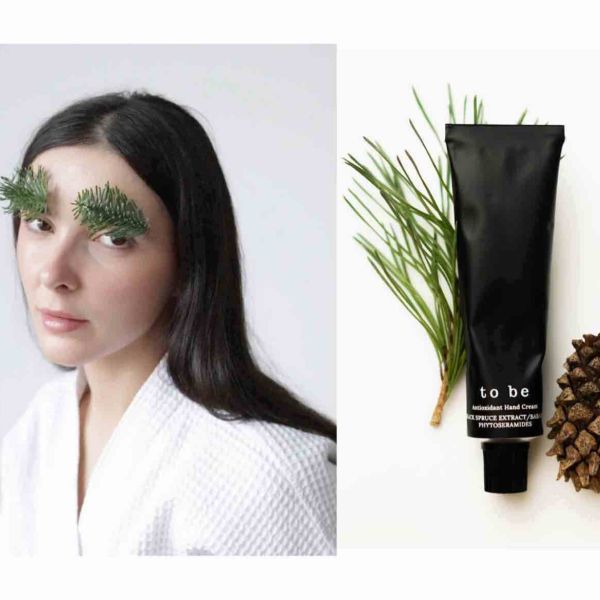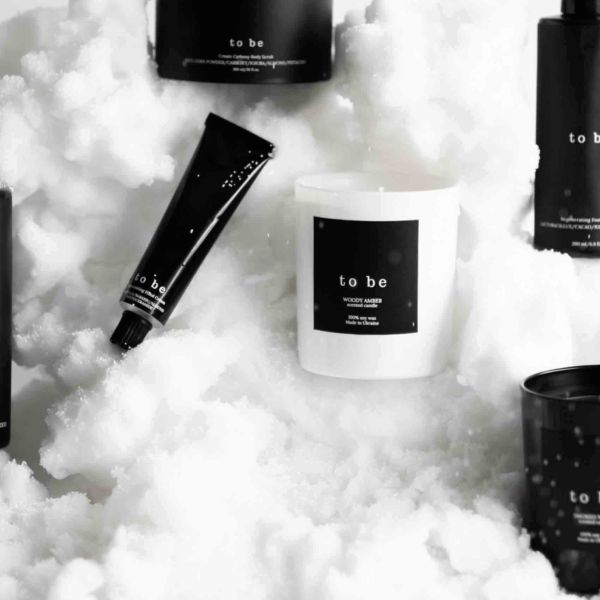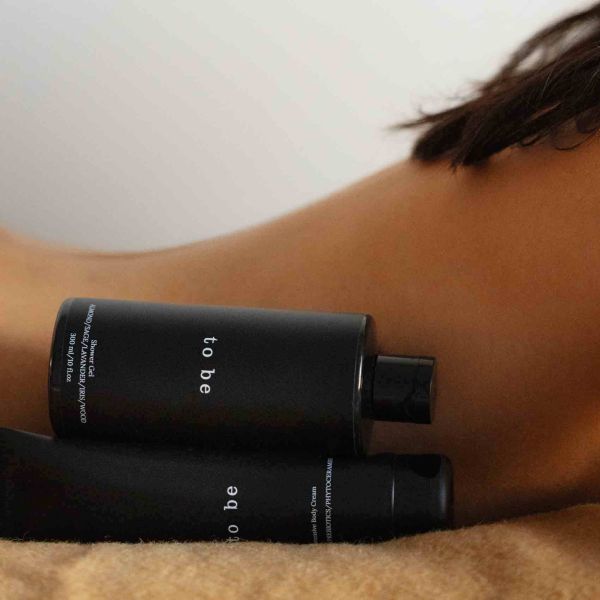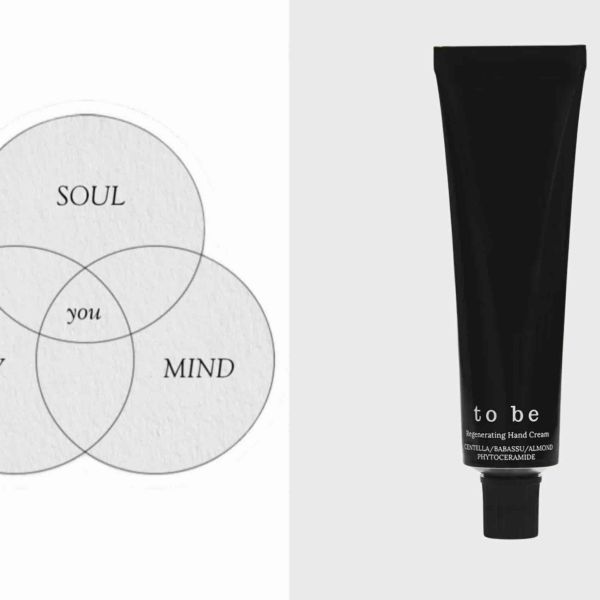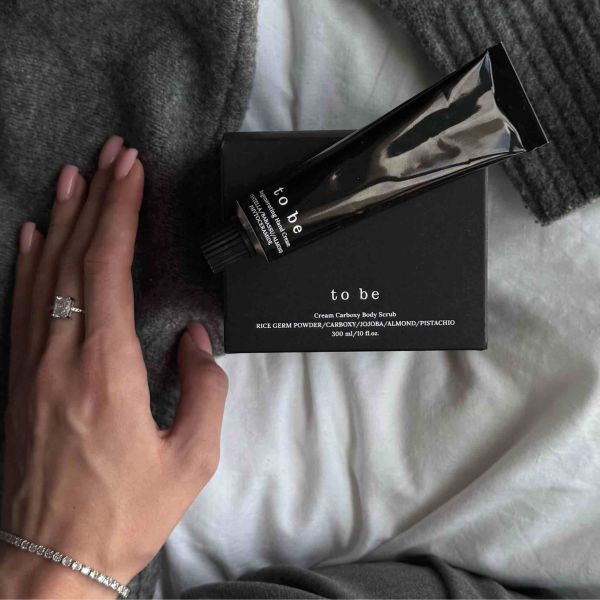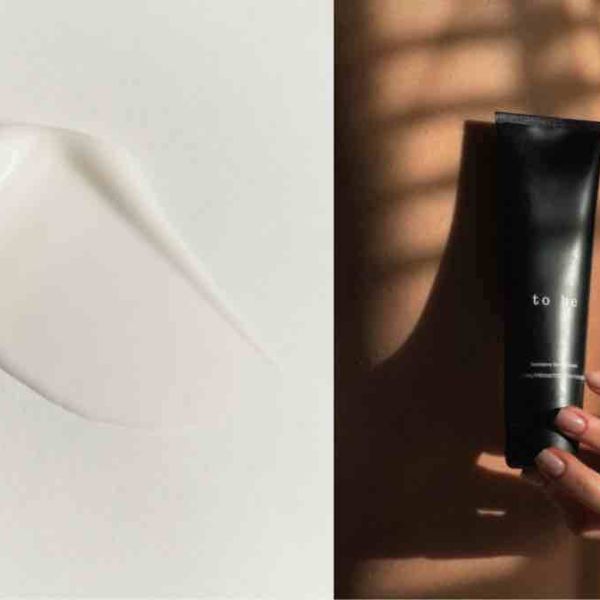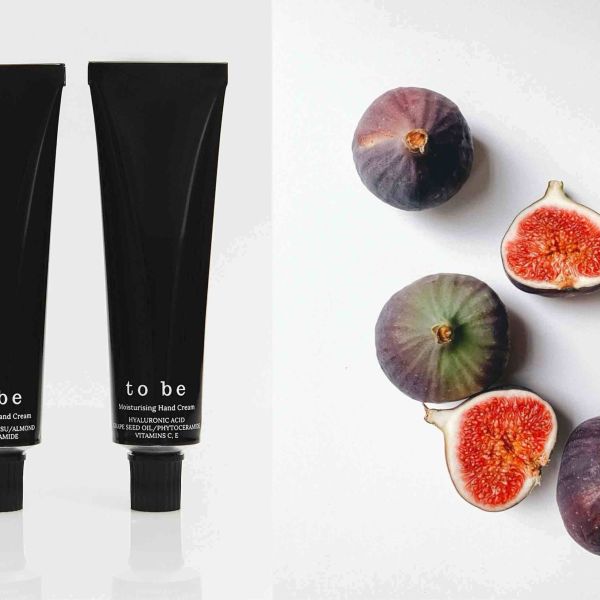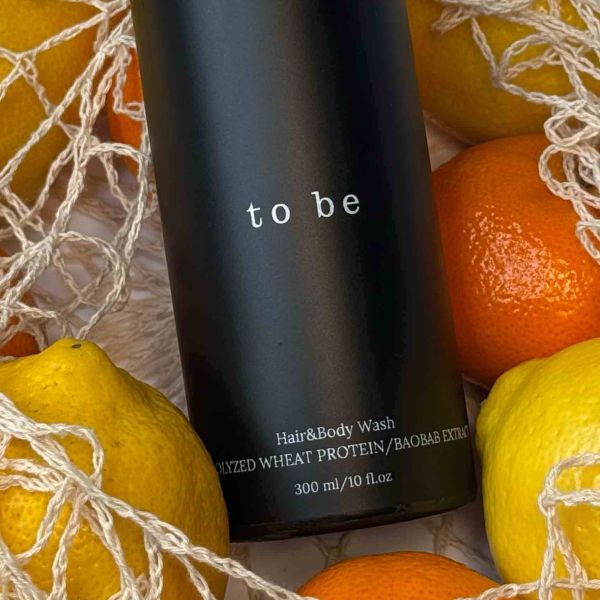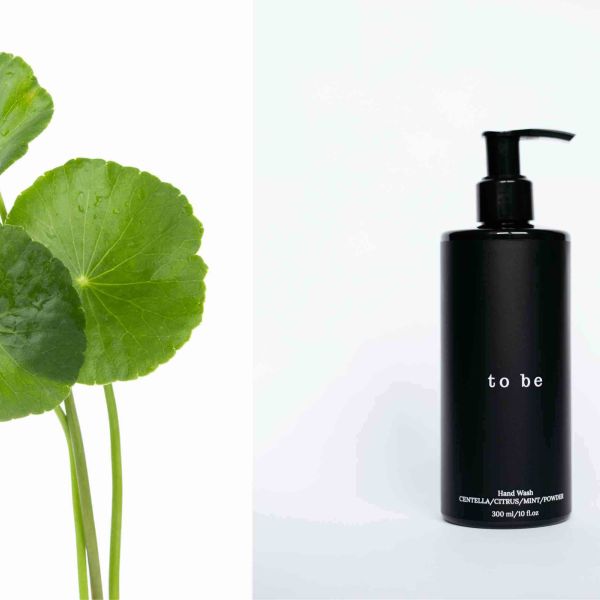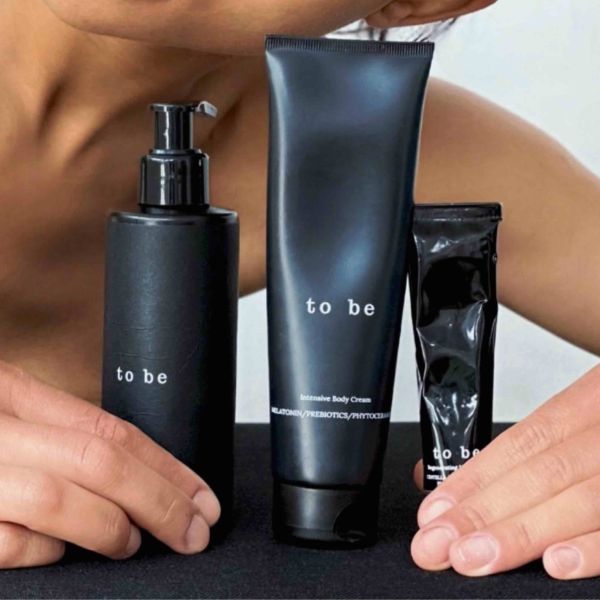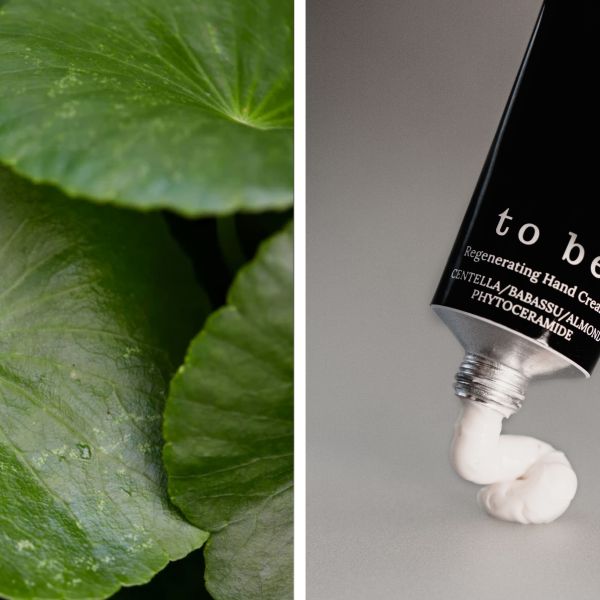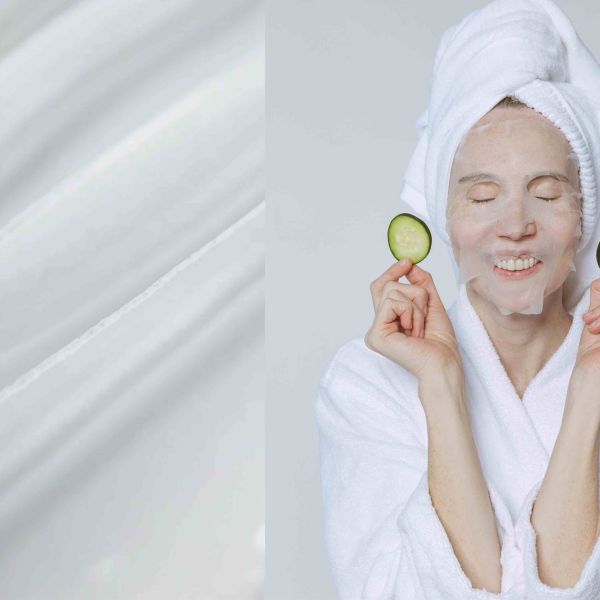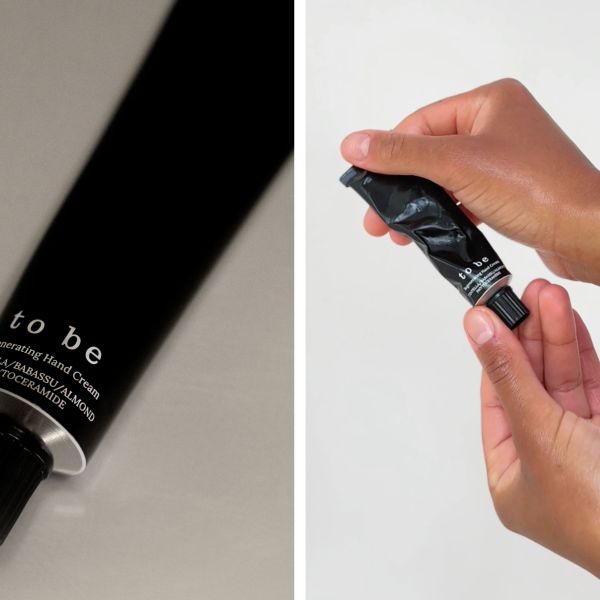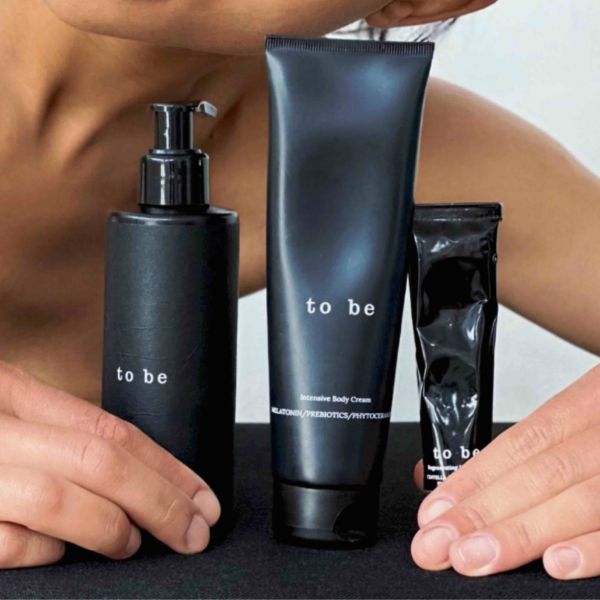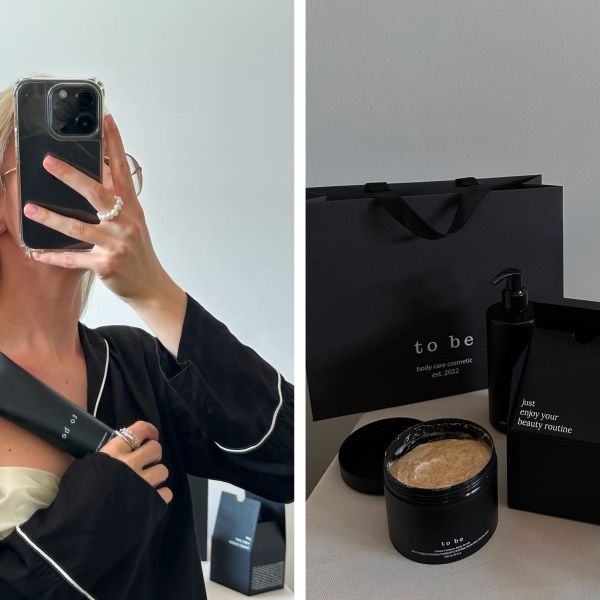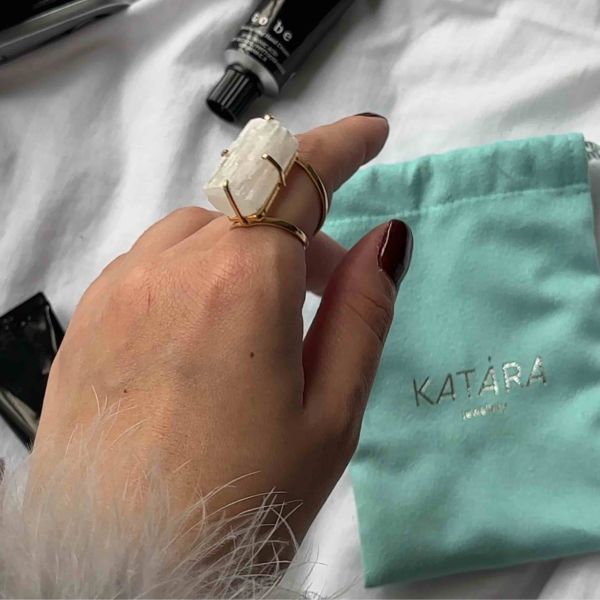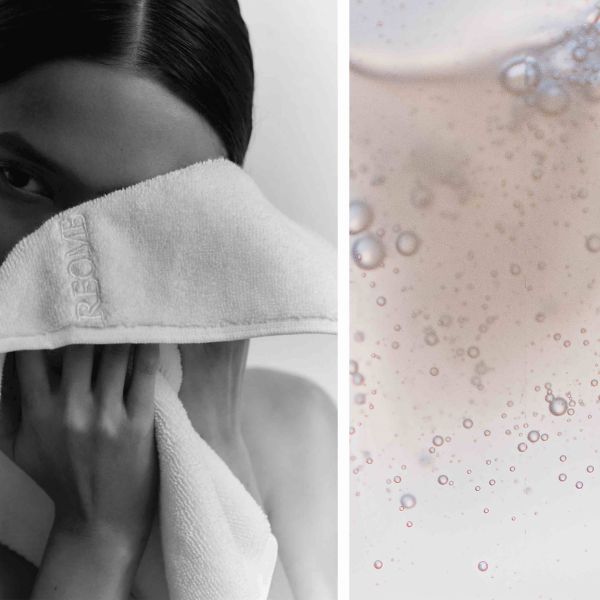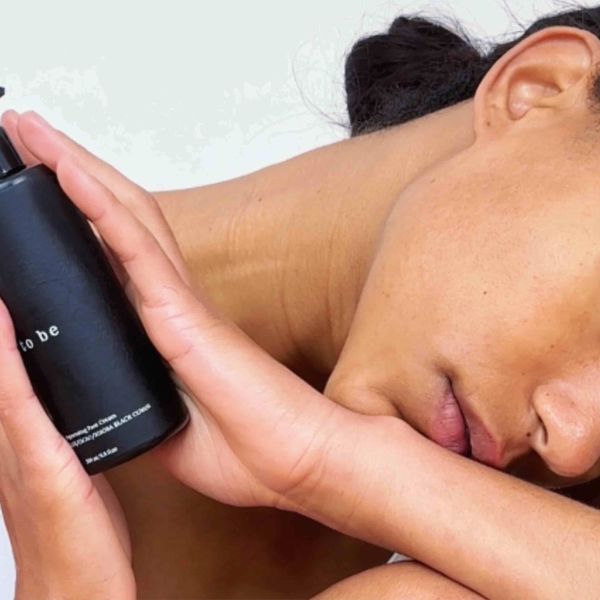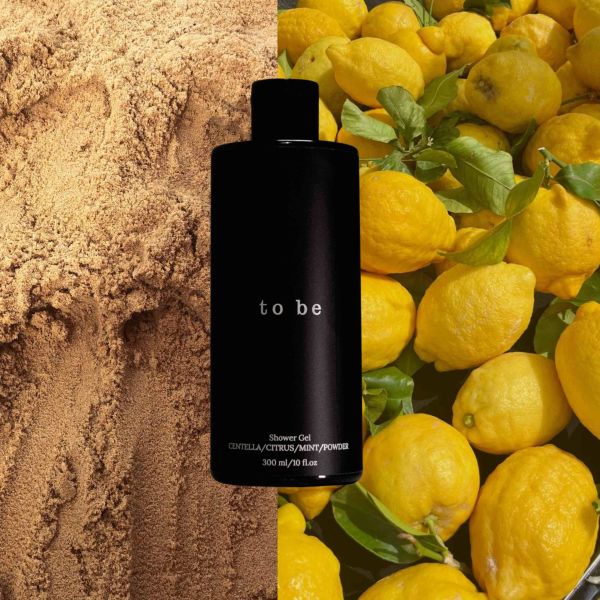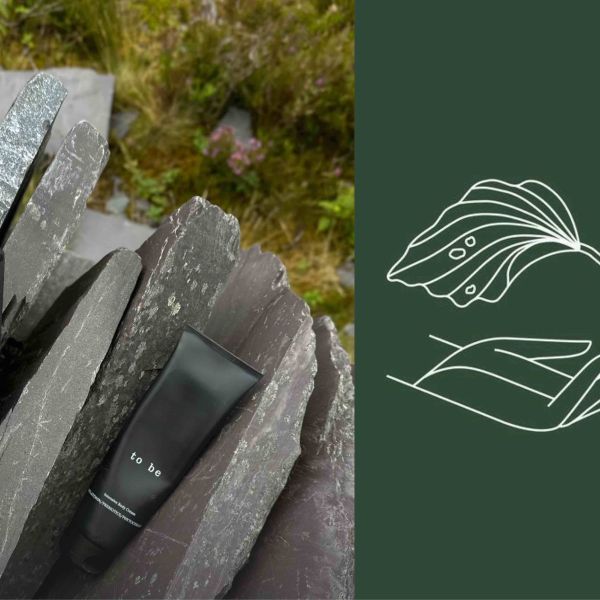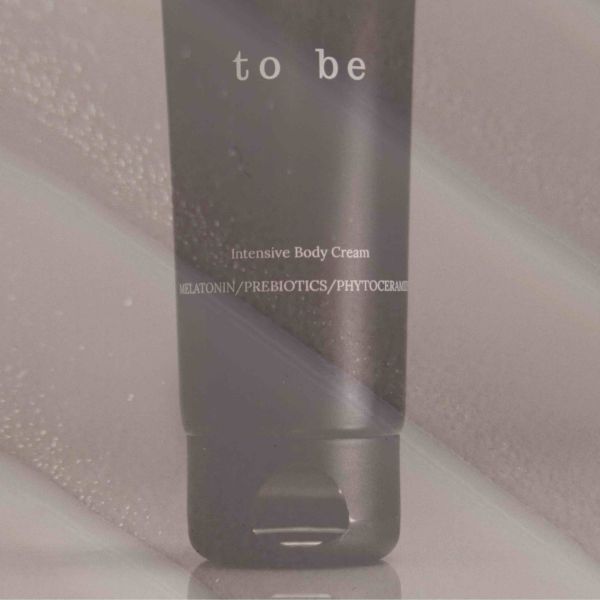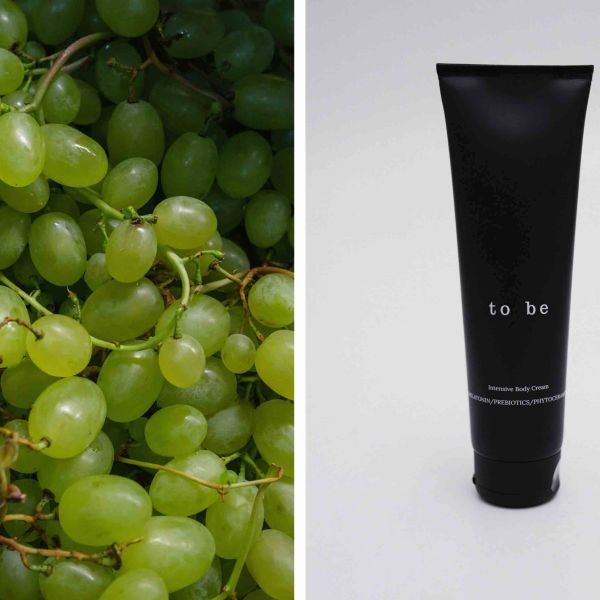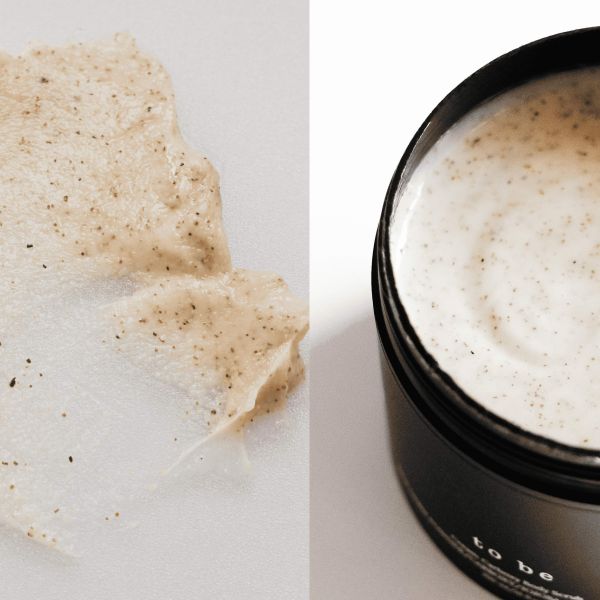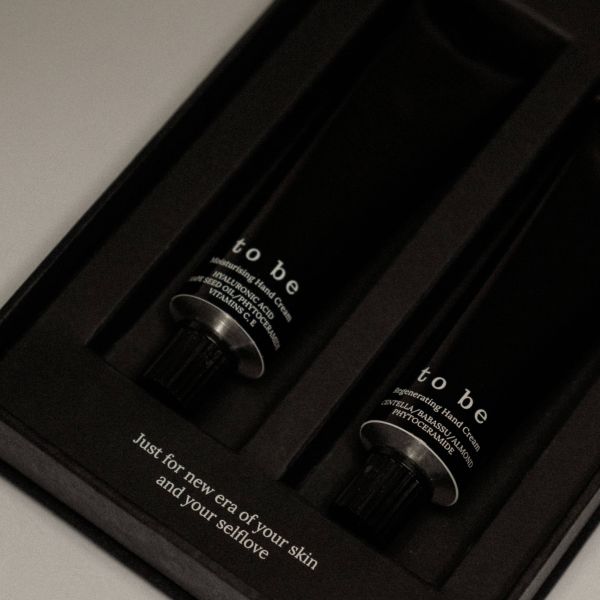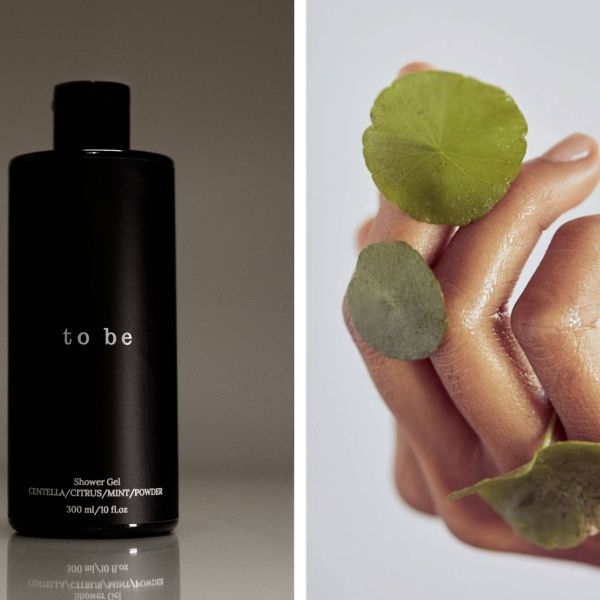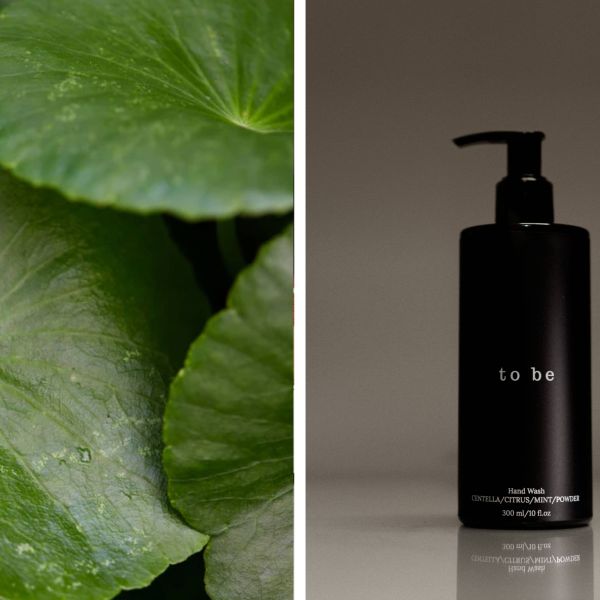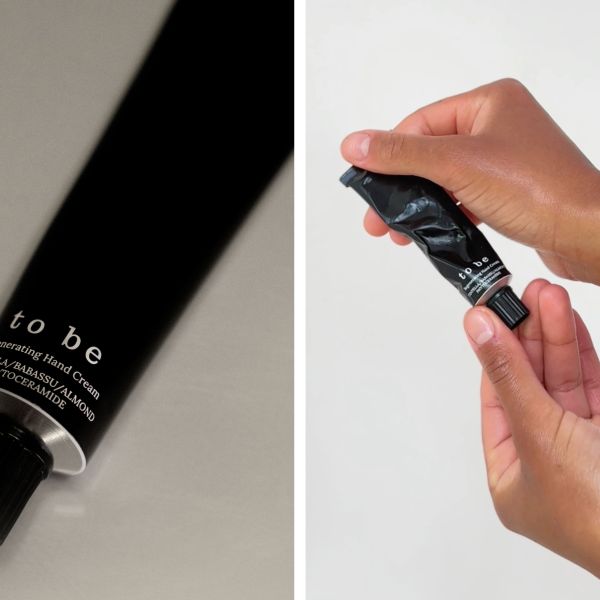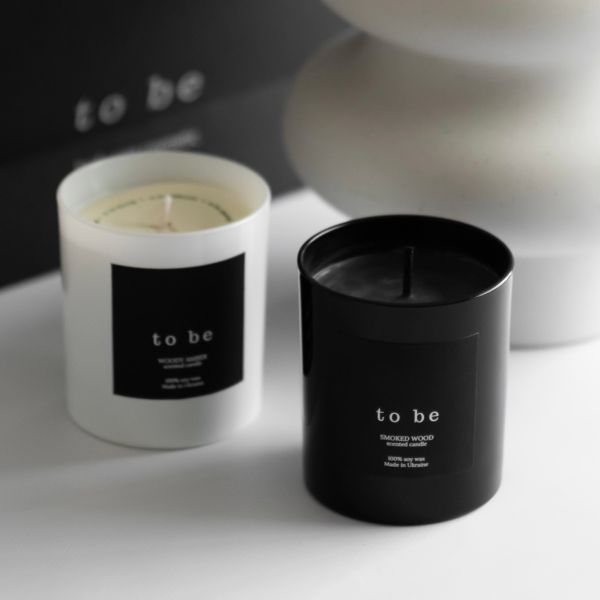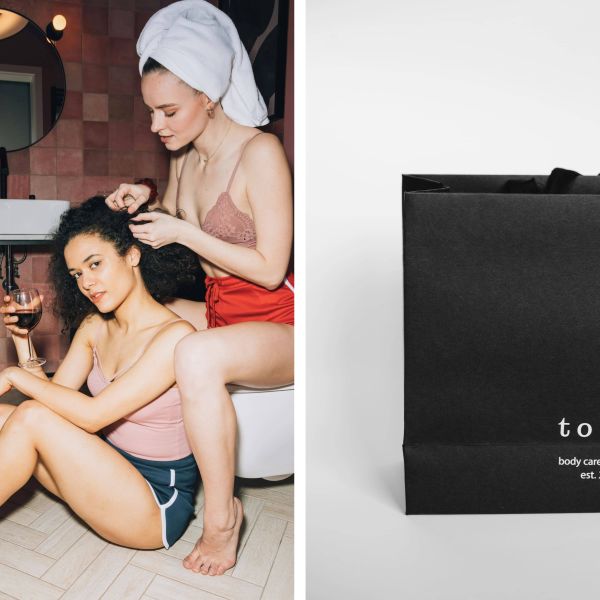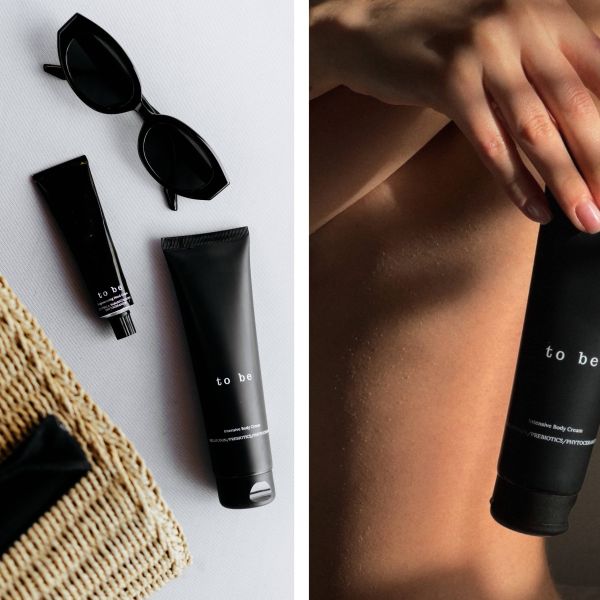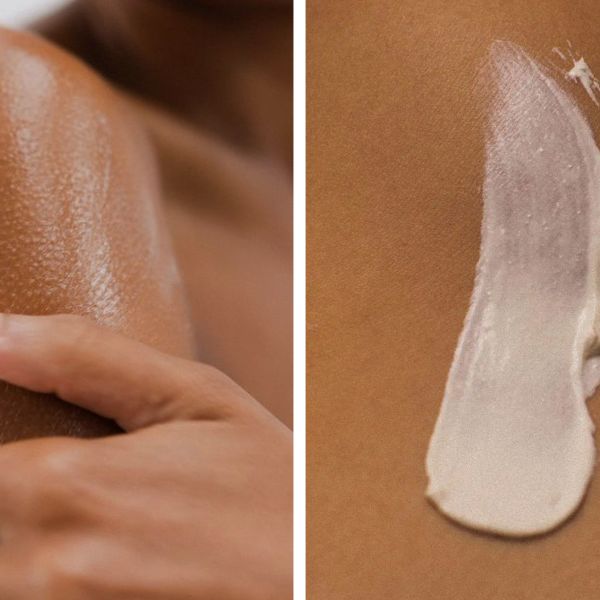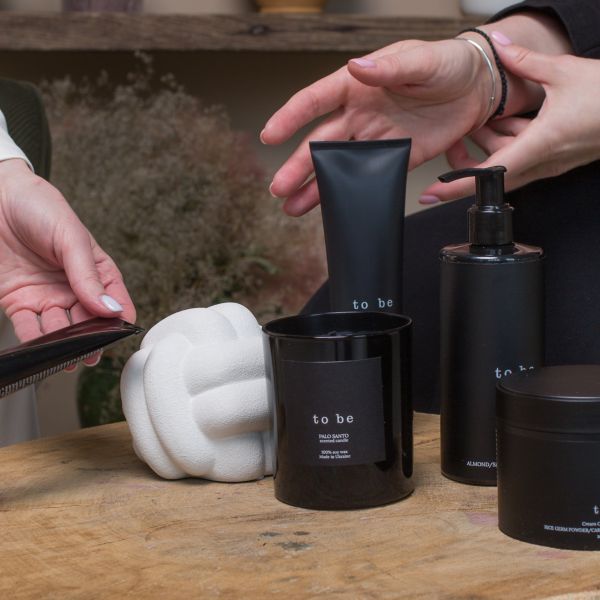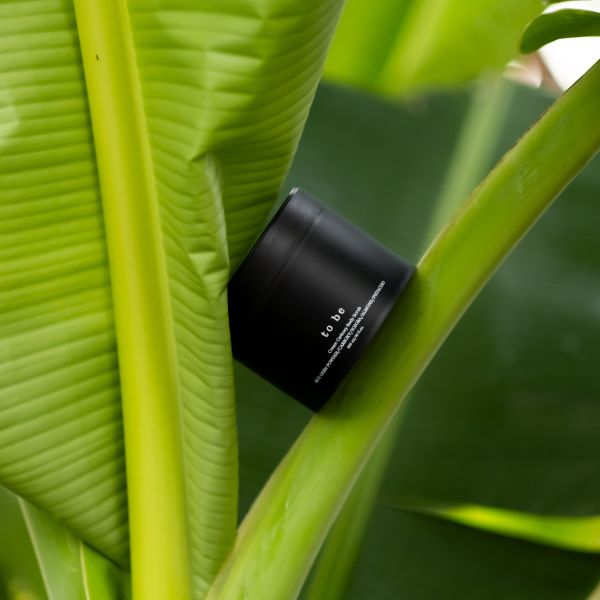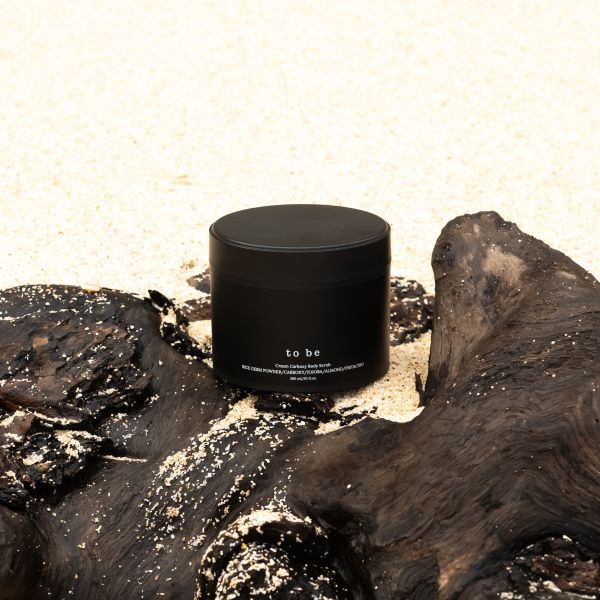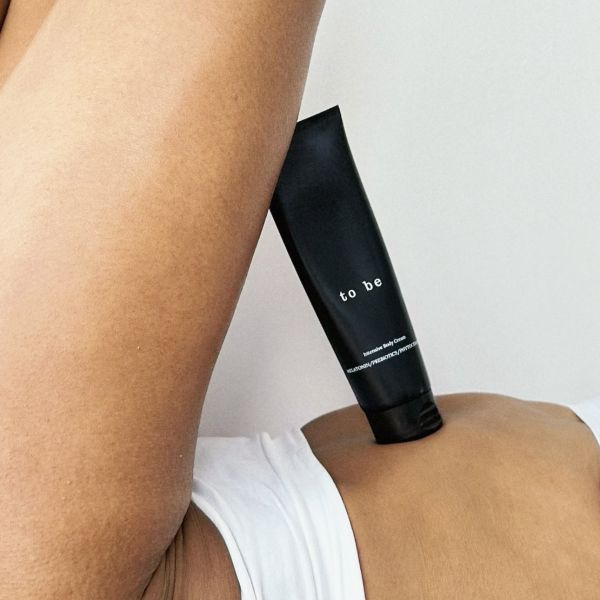- Home
- Natural cosmetics vs organic: what's the difference and how not to get confused?
Natural cosmetics vs organic: what's the difference and how not to get confused?
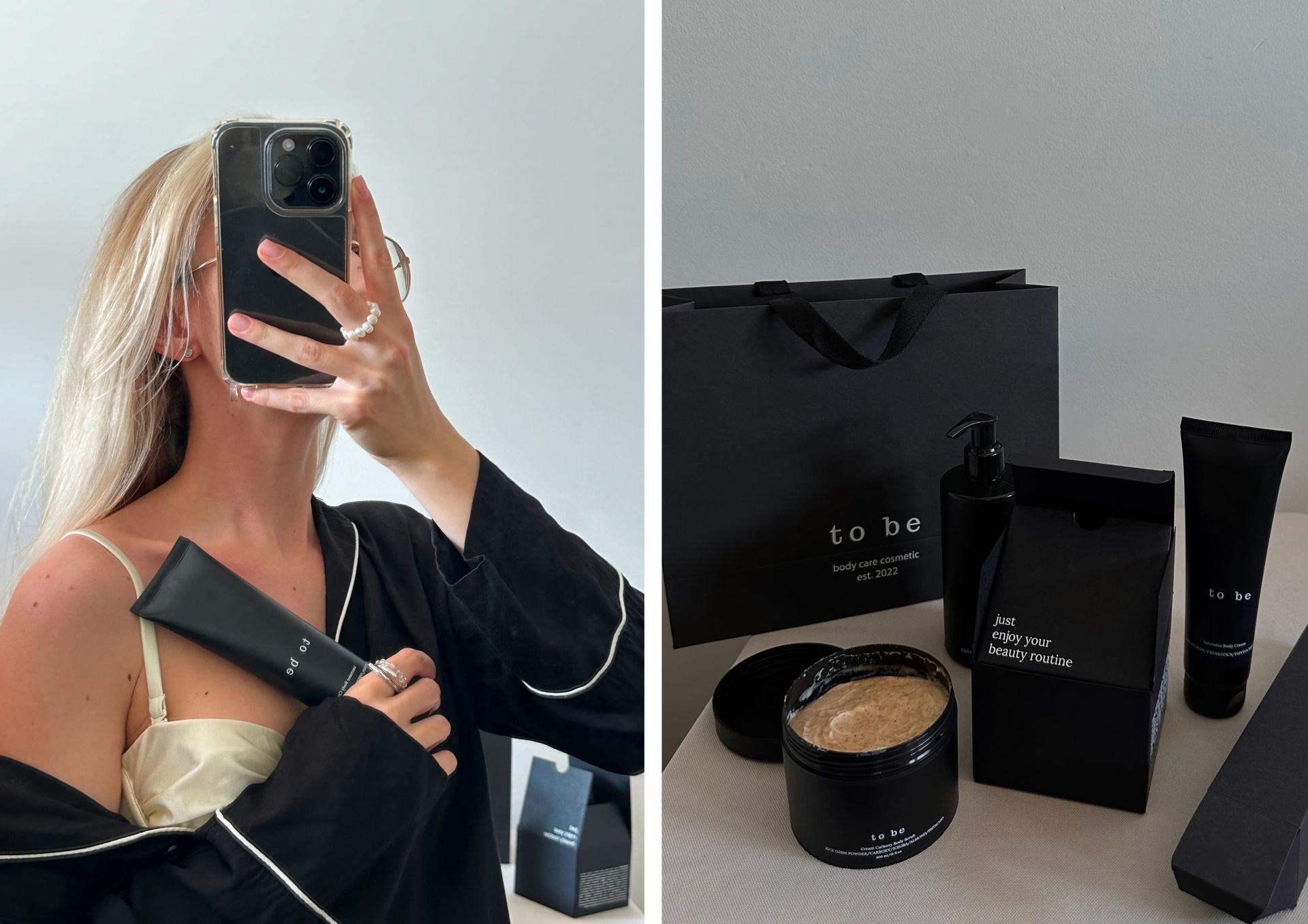
The words “natural” and “organic” are often used as synonyms — in ads, on labels, in reviews. But in reality, there’s a significant difference between them.
If you want to make conscious choices, avoid marketing tricks, and clearly understand what you’re putting on your skin — it’s worth diving deeper. Without complicated terms or asterisks on packaging.
What is natural skincare?
Natural skincare includes products made with ingredients of natural origin: plant oils, hydrosols, essential oils, clays, powders, and extracts.
Important: these ingredients are not necessarily organically grown, but they are naturally sourced and minimally processed.
For example, shower gel with viola "to be" contains natural aromatic components and cane sugar that gently cleanses without disturbing the skin’s pH.
And the creamy carboxy body scrub with rice powder is a great example of a natural exfoliator that uses rice instead of microplastics.
What is organic skincare?
Organic (or bio) skincare is a subcategory of natural skincare — but with higher standards.
To be considered organic, ingredients must be grown without pesticides, synthetic fertilizers, GMOs, or aggressive chemicals during processing.
Such products typically carry certifications like ECOCERT, COSMOS Organic, USDA Organic, etc. These ensure the product’s quality, purity, and environmental responsibility.
❗️However, the absence of an organic certificate doesn’t mean the product is inferior or ineffective.
A brand may choose not to pursue certification yet still maintain high standards — just like to be.
Key differences between natural and organic skincare:
-
Origin
Natural skincare uses ingredients of natural origin — such as plant extracts, oils, clays, or powders. These may not be grown without pesticides or fertilizers.
Organic skincare only includes ingredients grown according to strict organic standards — no synthetic fertilizers, pesticides, or GMOs. -
Processing
Natural ingredients may be minimally processed to preserve their effectiveness.
Organic production requires even stricter controls — every stage of growing, harvesting, and processing is certified and verified. -
Certification
Natural skincare may not have certification, but that doesn’t make it lower in quality.
Organic products always carry certificates (e.g., COSMOS, ECOCERT, USDA) that confirm their organic status and compliance with high standards. -
Availability
Natural cosmetics are more widely available, come in a broader range, and are usually more affordable.
Organic cosmetics are often more expensive and less mass-produced due to complex production requirements. -
Effectiveness
Both natural and organic skincare can be equally effective if the formula is well-designed and ingredients are chosen wisely. What matters most isn’t the certificate — but the formula and how it works.
Which one should you choose: natural or organic?
The answer is simple: don’t look at the label — look at the ingredients.
What really matters is that your product contains:
✔️ Active natural ingredients like phytoceramides, hyaluronic acid, centella asiatica
✔️ A safe base — free from parabens, mineral oils, and silicones
✔️ Proven effectiveness — supported by real reviews and usage experience
That’s exactly what guides to be — we create natural yet effective skincare focused on real skin needs, not certification labels.
How not to get lost in the choice:
✔️ Read the INCI list. If water, plant oils, and extracts are among the first ingredients — not dimethicone or paraffin — that’s a good sign.
✔️ Don’t chase certifications. They’re valuable but not always decisive.
✔️ Pay attention to texture, scent, and how your skin reacts. Natural skincare should never cause irritation.
✔️ Choose brands you trust. For example, to be offers concise, transparent formulas with nothing unnecessary.
to be — natural skincare without the confusion
We don’t call our products organic.
We honestly say: natural, effective, eco-conscious — without the buzzwords.
Our formulas are created with love for your skin and respect for nature:
• Shower gel with cane sugar and almond — gentle cleansing without dryness
• Foot cream with black cumin oil — nourishment and repair without synthetic fragrances
• SWEET WOOD and SMOKED WOOD candles — pure wax, natural scent, cozy atmosphere
You don’t have to choose between natural and organic — you just have to choose consciously.
Know what’s behind the terms, understand what you’re applying to your skin, and trust brands that are honest with you.
to be is not about trends — it’s about care that stays with you every day.
